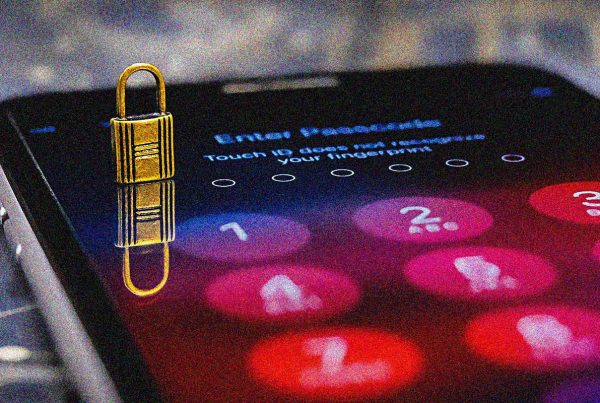Oral Submission to the Standing Senate Committee on National Security and Defence (SECD) regarding Bill S-7, An Act to amend the Customs Act and the Preclearance Act, 2016
44th Parliament, 1st Session, June 1, 2022
Brenda McPhail, Ph.D.
Director, Privacy, Technology & Surveillance Program, Canadian Civil Liberties Association
Thank you for inviting the Canadian Civil Liberties Association to appear before you today. We have been waiting for a Bill to address the lack of a legal threshold for device searches at the border for a long time, well before the Canfield case from the Alberta Court of Appeal made it imperative. We have serious concerns about the invasiveness of searches through the granular and detailed records of our daily lives contained on our devices –everything from private and professional communications, photos, and calendars laying out the hour by hour course of our days.
It’s unfortunate that the Bill, now that it has arrived, was not worth the wait.
Canadian courts have established that people have very strong privacy interests in their personal digital devices; indeed the Supreme Court has stated (R. V Morelli) that it is difficult to imagine a more intrusive invasion of privacy than searching someone’s personal computer.
While acknowledging legal precedent establishing lower privacy expectations at the border, it is CCLA’s position that the proposed amendments fail to provide adequate protection against the violation of travellers’ privacy rights in their digital devices at the border for two main reasons: (1) the “reasonable general concern” threshold is legally novel, and far too low and (2) privacy protections should not be relegated to the regulations, but rather be included in the legislation. There are of course other problems with the bill, but I’ll leave those to emerge in questions so as to respect my 5 minute limit for initial comments.
The problem with a completely novel legal standard is that it is, to state the obvious, an unknown. In his presentation to this honourable Committee on Monday, Minister Mendicino suggested the government intends this standard to be read as one that is individualised and grounded in the same theoretically objective “multiplicity of indicators” that are currently in internal CBSA policy guidance. In other words, he said they tried to craft a law that let border agents continue as they have been, but with legal cover.
There are three problems with this. First, with respect, it is unclear how the wording “reasonable GENERAL concern” implies an individualised standard. A court faced with interpreting the new standard for the first time cannot rely on a definition of the standard in the Bill, as there is none. They might rely on signals of government intent, such as the Minister’s statement to this Committee, but they would also be bound to consider the facial meaning of the words, and general does not, in common parlance, mean individualised. In addition to being legally unknown, a threshold of “general concern” leaves sufficient discretion for officers’ explicit, or even implicit and unrecognised, biases to creep into questions of who gets searched, an issue that Senators on this Committee have already raised and which CCLA agrees is pressing and unlikely to be solved by the whole hour of diversity training mentioned on Monday.
Second, those factors currently in internal CBSA policy guidance on which we’re told agents will continue to rely, and the protective practices, such as ensuring the device is disconnected from the internet so that only documents physically present on the device itself can be searched, are not legislated but are being left to the regulations; regulations that are changeable far more easily, less publicly, and less consultatively than amendments to legislation.
And third, people in Canada should not have to settle for a legislated version of an inadequate status quo with details relegated to regulations when it comes to device searches; we deserve better. The Privacy Commissioner has said so, notably, in the context of an investigation that determined that in six cases, CBSA failed to meet their own policy standards. He called for a threshold of reasonable grounds to suspect. The parliamentary Standing Committee on Access to Information, Privacy and Ethics (ETHI) committee, after an extensive study, explicitly rejected the threshold of a “multiplicity of indicators” that Bill S-7 tries to awkwardly replicate. They too called for a threshold of reasonable grounds to suspect.
CCLA echoes those calls. Reasonable grounds to suspect would require consideration of the constellation of objectively discernible facts that have given the border official reasonable cause to suspect that an individual is involved in a contravention contemplated in the Acts. Remember, it is an offense to lie to a border officer, so she or he has the tools at hand to establish those facts to meet the higher standard. This would not just better protect privacy by discouraging suspicionless searches, but also provide greater protection against religious or racial profiling. Indeed, the Committee heard on Monday that searches are down now that border agents are applying the higher standard; from a civil liberties perspective, one might speculate that higher thresholds force officers to be more discerning. We always balance the power we give to law enforcement with the values we hold as a society; it is as reasonable to do so at the border, which is not a Charter-free zone, as it is in our communities. I look forward to your questions.
[check against delivery]




